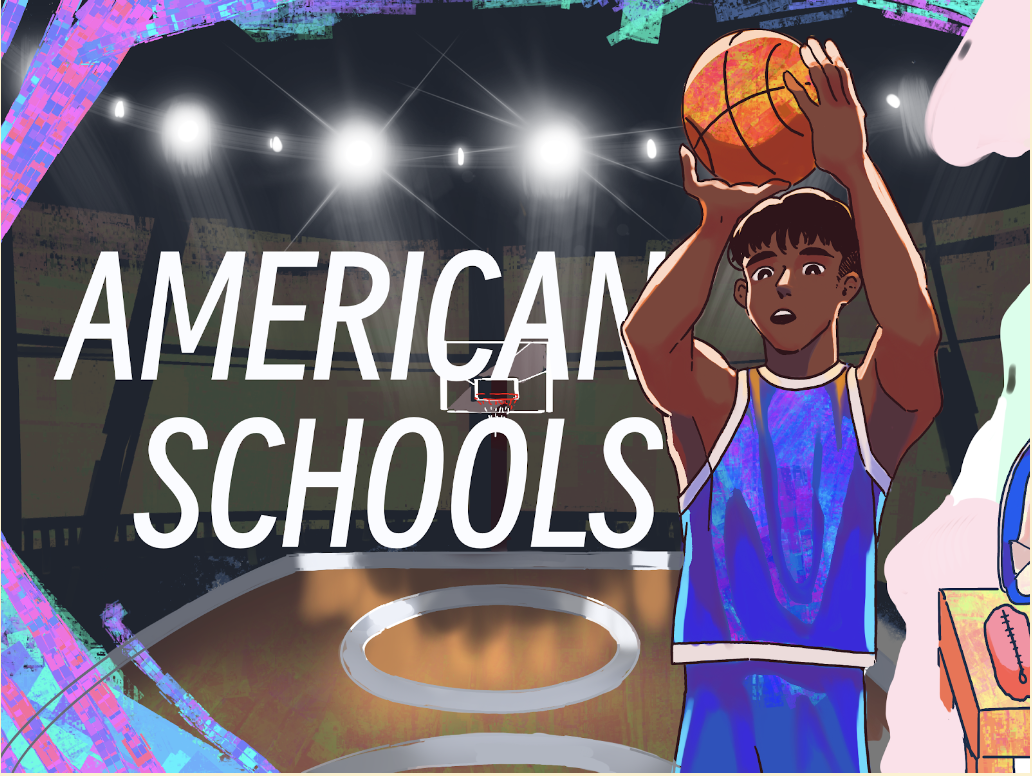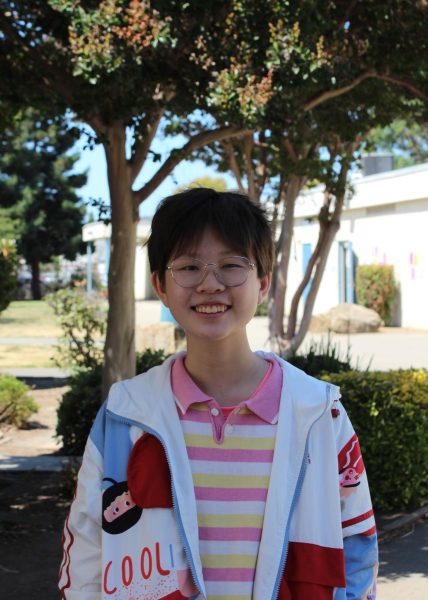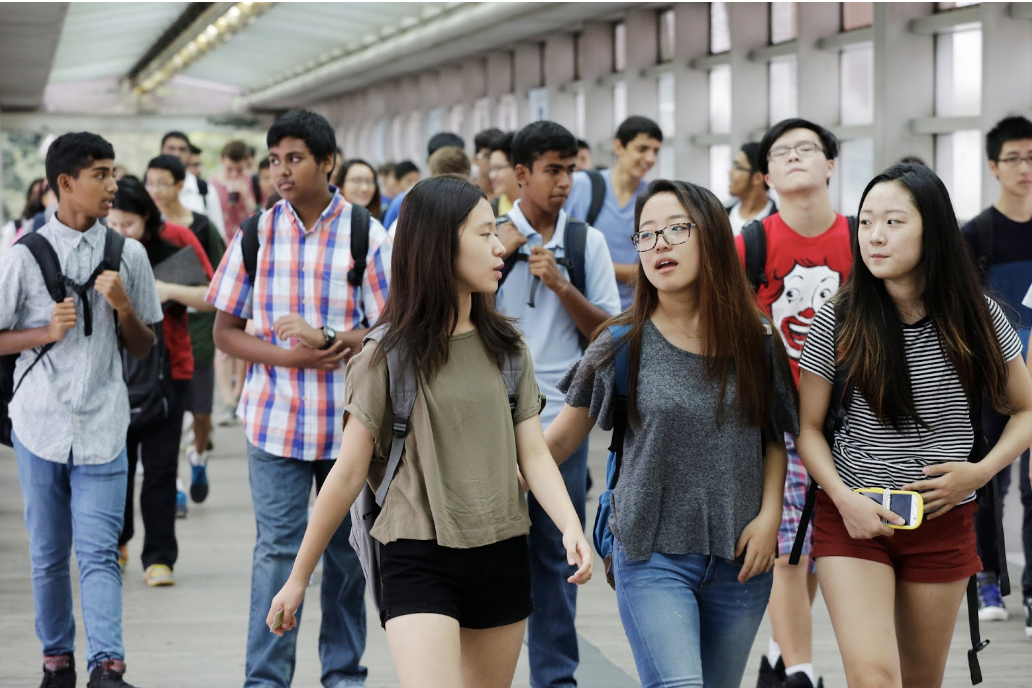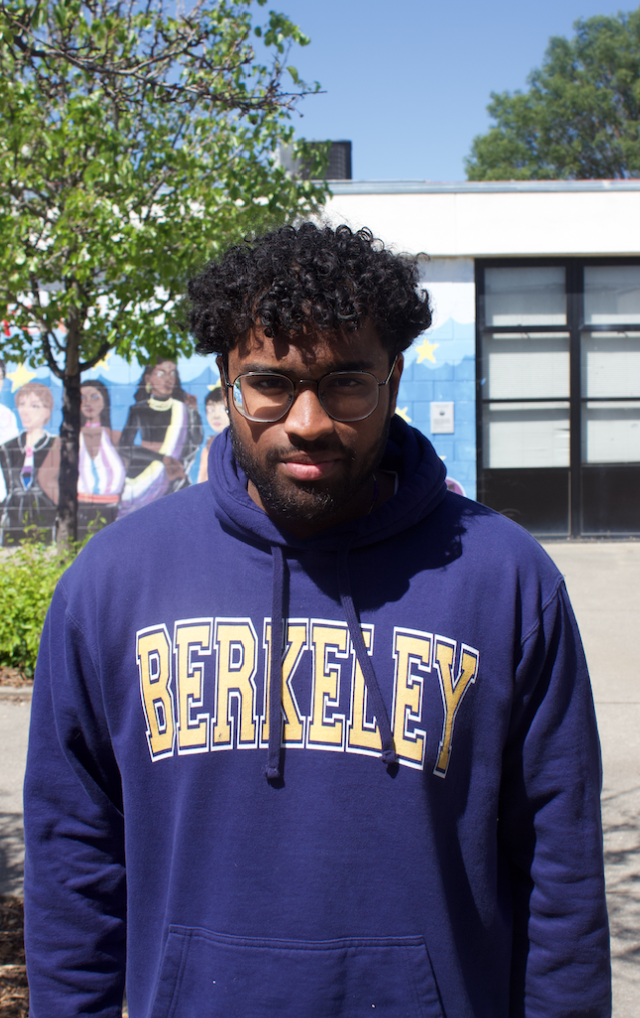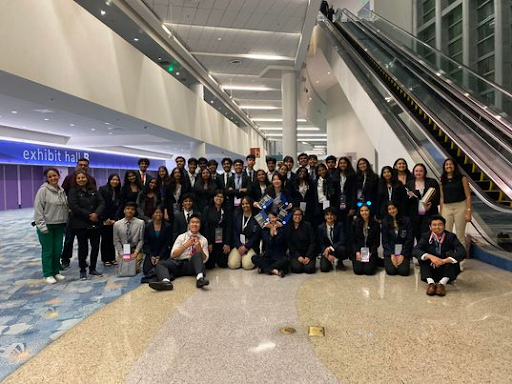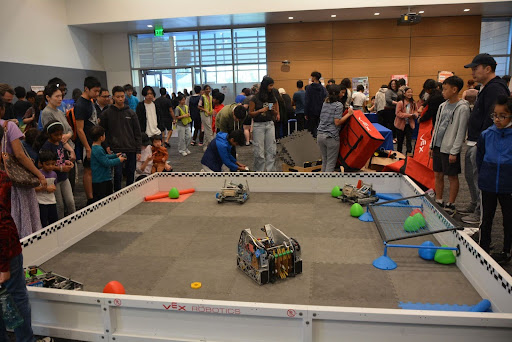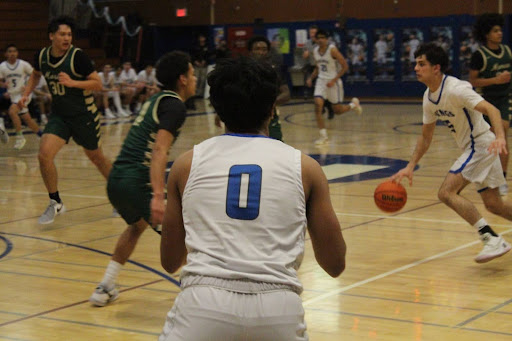We love to make jokes (not really jokes tbh) about how the American public school system isn’t the greatest. But if you look beyond the questionable school lunch choices and constantly closed bathrooms, you might realize that there are merits of our school system that we often overlook.
America is known for its emphasis on the freedom of choice and this is reflected in the variety of options built into our school environment. From seasonal sports to student-run clubs to additional career-building electives, there’s something for everyone.
While it’s true that balancing many activities can be challenging, we must remember that these activities are meant to enrich a student’s experiences and learning through exposure. As opposed to single-mindedly academically-based school systems, the endless opportunities available to U.S. high-schoolers allows students to dip their toes in new interests and even potential career paths, a valuable experience for exposure.
In most Asian public school systems, the educational focus is purely on academics. A constant emphasis on test-scores, intelligence, and class rankings results in extreme pressure on students to excel academically, leaving no time to engage in any other activities, as exemplified in the huge amounts of money and efforts spent by Asian students on cram schools, private tutoring, and additional classes- anything to boost their performance on exams.
In both systems, secondary school students often work towards a common goal: admission into a selective university. Across Asia, in countries such as China and India with their respective high-stakes GaoKao and CBSE standardized exams, admission into top universities is solely dependent on the scores they receive. In contrast, the U.S’ college admissions system is based on a more holistic review- one that takes into account students personal characteristics, extracurriculars, and narratives in addition to their academic performance. Thus, in order to meet such admissions standards, the American K-12 school system does a better job of developing students into well-rounded individuals with a variety of skills and an understanding that extends beyond the classroom.
Take for example, the emphasis on group projects and peer interaction based activities in the U.S.’ school curriculum. These assignments allow students to practice and develop critical interpersonal skills, the ability to take initiative, social awareness, and the knowledge of how to work in a group setting— qualities essential for success in any field. The inclusion of individual skill-focused classroom activities such as presentations and socratic seminars also refines the students’ public speaking skills, a vital aspect of one’s ability to communicate effectively.
Furthermore, there is a noticeable difference in the respective levels of involvement from students, parents, and teachers in the American school system compared to the standard in much of Asia. In Asia, much of the students’ education is driven by pressure from parents and teachers, closely monitoring their every assignment and test score, ready to intervene at any time things start to go astray. While this kind of close supervision and guidance can be beneficial to younger students lacking in maturity and experience, by their mid to late teens, students should be allowed and given the opportunity to take their education into their own hands. While the U.S. system may appear more “hands off” in regards to the involvement of parents and teachers, this “hands off” parenting style allows students to develop initiative and accountability for their own learning, a crucial step towards producing independent, proactive, and ultimately successful members of society.
In conclusion, the American school system, despite its imperfections, offers valuable opportunities for students’ personal growth even beyond the confines of the classroom. It uniquely emphasizes the freedom of choice and nurtures essential life skills and traits such as independence and self-responsibility, equipping students to navigate the complexities of the real, adult world.


